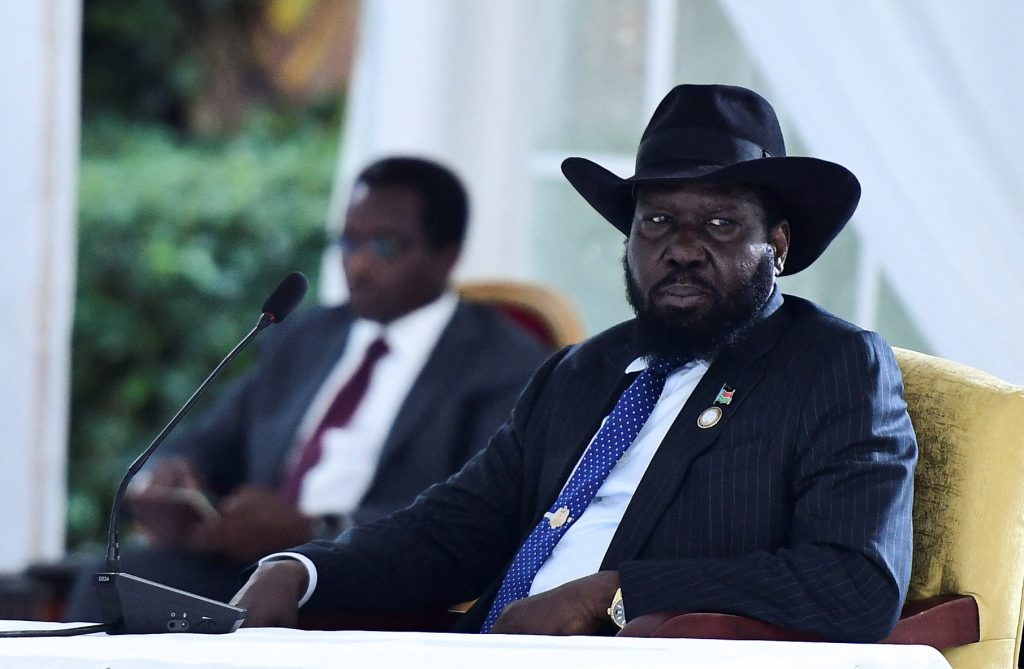South Sudan has announced another delay in its long-anticipated elections, extending the transitional period that was set out in its peace agreement. The country’s citizens, who have long been waiting to elect their leaders since gaining independence from Sudan in 2011, will now have to wait until December 2026 to cast their votes.
Despite a peace accord signed in 2018 that ended a brutal civil war between President Salva Kiir and his vice president and long-time adversary, Riek Machar, ongoing disputes between the two leaders have led to repeated postponements of the country’s transition to a democratic election.
In a statement issued late on Friday, the president’s office confirmed that the transitional period would be extended by two years, and the elections, originally planned for December 2024, would now take place on 22 December 2026. Cabinet Affairs Minister Martin Elia Lomuro explained that the extension was based on recommendations from electoral bodies and security institutions.
Critical aspects of the peace agreement remain unimplemented, including the drafting of a national constitution and the unification of forces loyal to both Kiir and Machar, leaving the international community frustrated. Earlier this year, UN Secretary-General António Guterres urged the government to take swift action to enable elections, while the UN Mission in South Sudan (UNMISS) highlighted a lack of the technical, legal, and operational structures needed for a successful vote in 2024.
Financial constraints, despite the country’s significant oil reserves, have compounded the issue. The National Election Commission, for example, remains only partially functional, and a plan to begin voter registration in June was delayed, with no signs of progress by early July.
In a statement released in June, the United States, Norway, and Britain urged political parties to cooperate and ensure elections happen, warning that history will judge harshly those leaders who failed to act or deliberately obstruct progress.
Since gaining independence, South Sudan has been mired in conflict, including a civil war from 2013 to 2018 that claimed around 400,000 lives and displaced millions. Although a unity government was formed following the 2018 peace deal, the country continues to grapple with floods, hunger, and persistent political unrest.
Recently, the UN reported that over 700,000 people have been affected by severe flooding, with aid efforts falling short of reaching those in need. Despite its abundant oil resources, corruption has kept the country in poverty, and the disruption of oil exports since February due to conflict in neighbouring Sudan has deprived the government of vital revenue.

